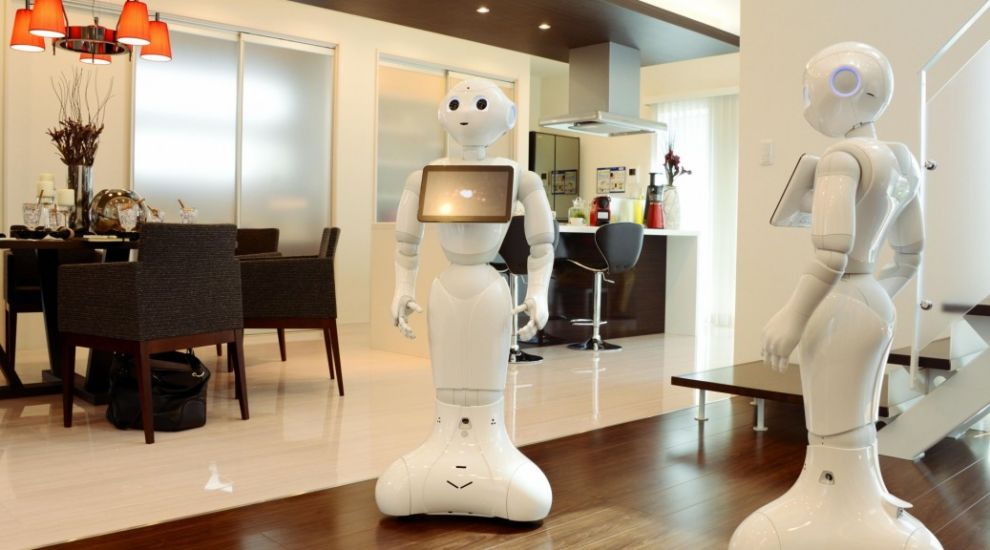
Artificial intelligence is becoming a more prominent subject every day, whether it be Google using it to win board games against world champions, or Netflix knowing what shows you’ll like.
Smart computers are now being considered for even more extreme purposes – as a place to which people can “upload” their minds to create clones and live longer.
A US research foundation has started a project that aims to be able to transfer a person’s consciousness to machines, creating robot clones that offer a way of saving loved ones from death.

The Terasem Movement, based in Vermont, is working on technology that claims it could achieve this by making digital copies of memories, thoughts and interests before uploading them to a robot clone.
Bruce Duncan, the managing director of the group, said: “It’s like when people stuff a pet cat or dog. We don’t stuff humans but this is a way of ‘stuffing’ their information, their personality and mannerisms.”
According to Motherboard, more than 56,000 people have already signed up to be considered for the programme, which involves supplying information that could then be uploaded.

Entrepreneur Martine Rothblatt has already tried out the technology, having created a robotic clone of her wife Bina, with the help of the Terasem Movement – using a database of memories, thoughts, beliefs and other information gathered from social media interactions and blog posts to build a clone of her consciousness.
Called Bina48, the robot can have a near-human conversation, and has even been interviewed by some news outlets.